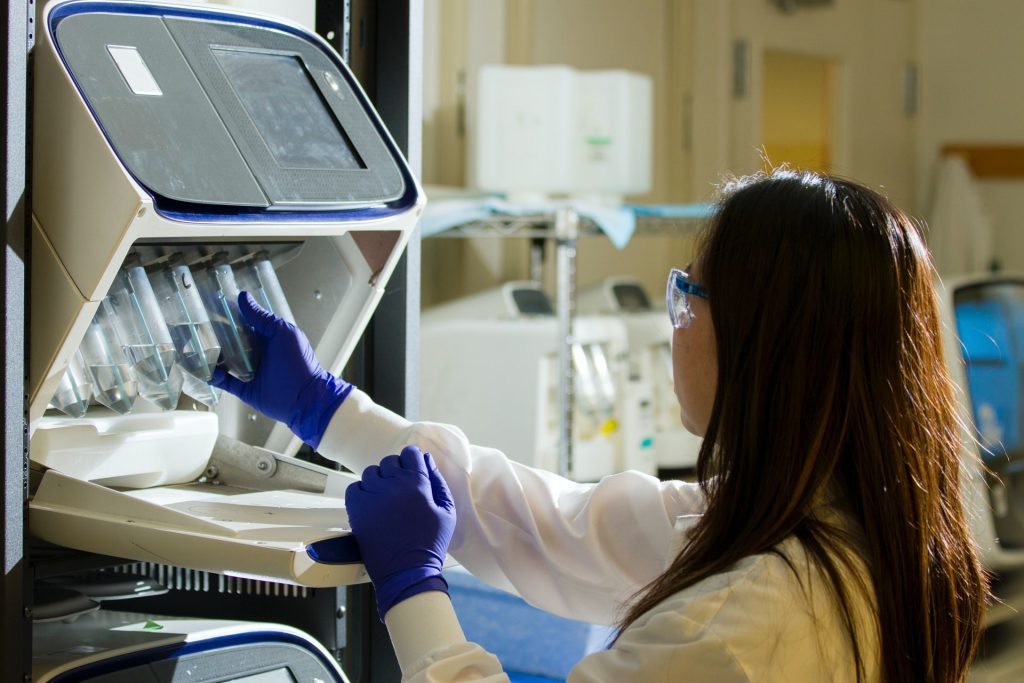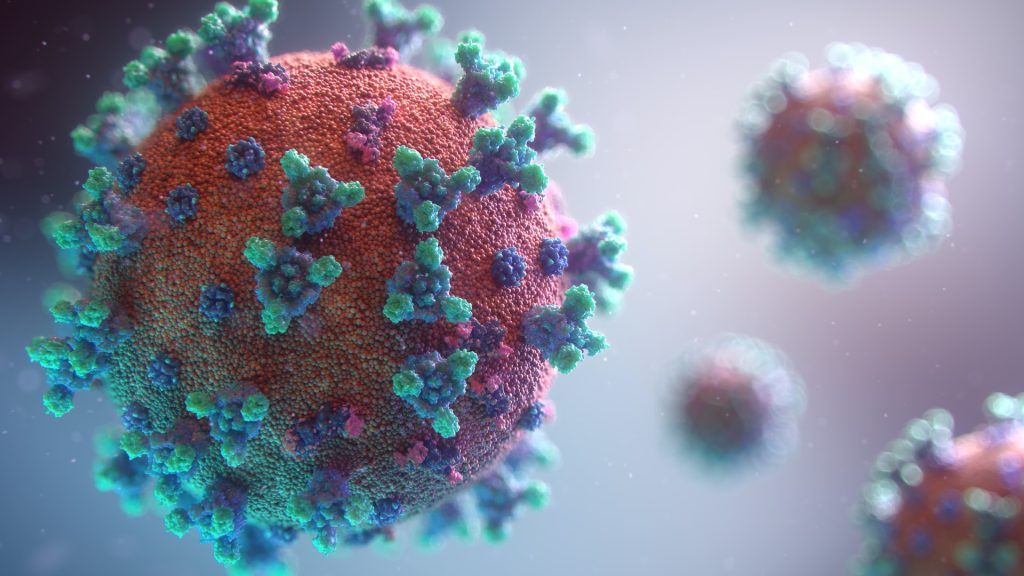Breakthrough Could Lead to New Opioid Alternatives

Monash University researchers have made a breakthrough discovery that might lead to new non-opioid analgesics to treat neuropathic pain safely and effectively, without the risk of opioid addictions.
Neuropathic pain occurs when nerves are damaged or dysfunctional, and can be caused by injury, virus infection or cancer treatment, or it can be a symptom or complication of conditions such as multiple sclerosis and diabetes.
The new study, published in Nature, has shown a new mode of targeting the adenosine A1 receptor protein, which had long been a promising therapeutic target for non-opioid painkillers to treat neuropathic pain. However, development of analgesics using it had failed due to a lack of sufficient on-target selectivity, as well as undesirable adverse effects.
In the study, Monash researchers used electrophysiology and preclinical pain models to show that a particular class of molecule, called a ‘positive allosteric modulator’ (PAM), can enhance the targeting of the A1 receptor by binding to a different region of the protein.
Another breakthrough in the study was observing the high-resolution structure of the A1 receptor bound to both its natural activator, adenosine, and an analgesic PAM, which was facilitated by the application of cryo electron microscopy (cryoEM), providing the first atomic level snapshot of the drug binding location.
Chronic pain remains a widespread global health burden. A lack of treatment options has led to over-reliance on opioid painkillers, which provide only limited relief in patients with chronic (particularly neuropathic) pain, while having severe adverse effects, such as respiratory depression and addiction. In 2016, 42 000 deaths related to opioid misuse were recorded in the US, while 25 million Americans suffer from chronic pain.
This new discovery opens the door to the development of non-opioid drugs that lack such side effects.
Co-corresponding author of the study and Dean of the Faculty of Pharmacy and Pharmaceutical Sciences, Professor Arthur Christopoulos said: “The world is in the grip of a global opioid crisis and there is an urgent need for non-opioid drugs that are both safe and effective.”
Source: Monash University






